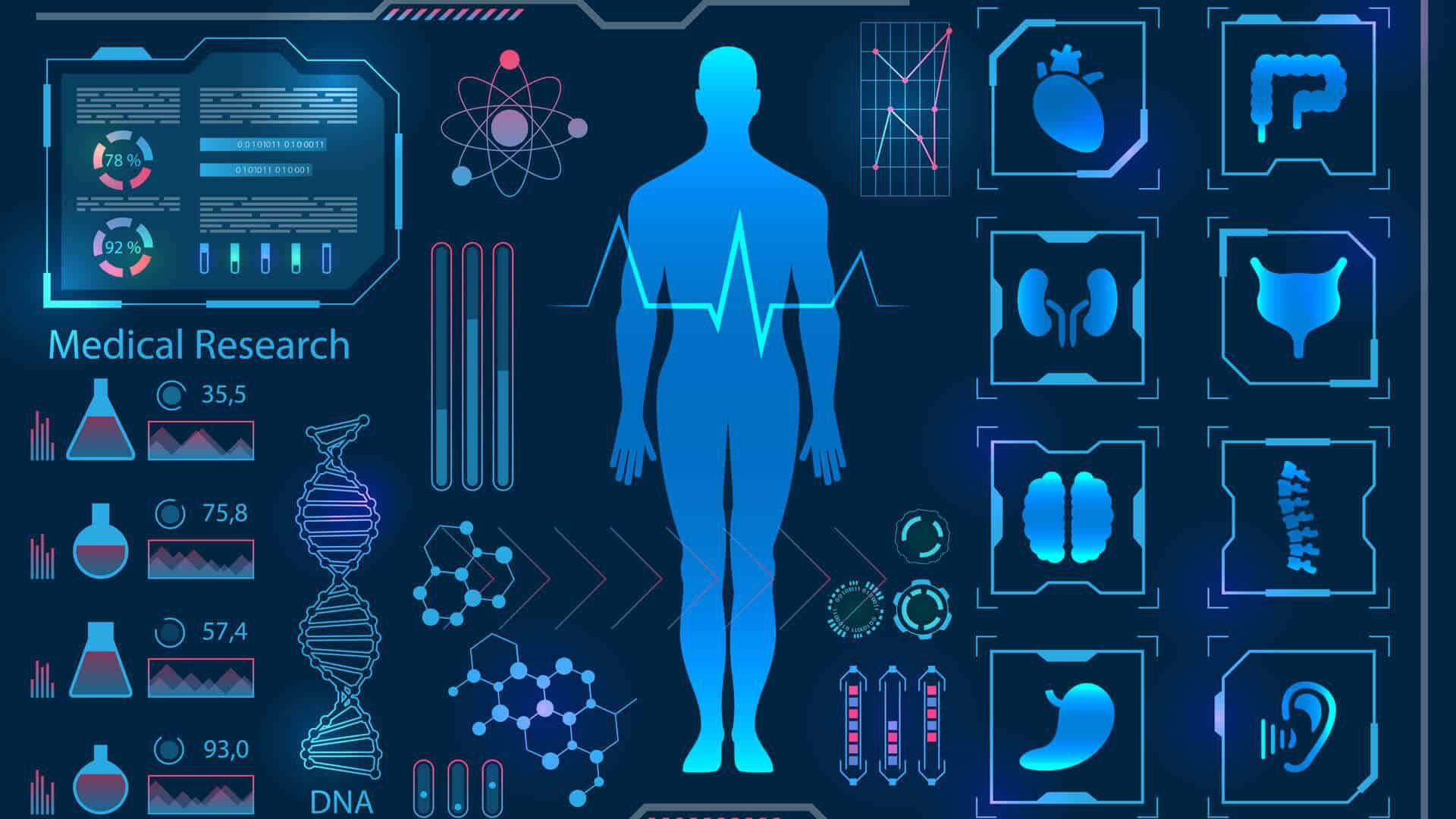
AI’s Ascendance in Healthcare: Revolutionizing Diagnostics and TreatmentAI’s Ascendance in Healthcare: Revolutionizing Diagnostics and Treatment Artificial Intelligence (AI) is rapidly transforming the landscape of healthcare, empowering clinicians with unprecedented tools for diagnosis and treatment. As AI’s potential in healthcare continues to expand, it has the power to revolutionize the way we approach patient care. Enhanced Diagnostics AI algorithms can analyze massive amounts of medical data, including patient history, medical images, and genetic information, to identify patterns and detect diseases earlier than traditional methods. * Image Analysis: AI-powered image analysis tools can aid in early detection of cancers, cardiovascular diseases, and neurological disorders by identifying subtle abnormalities on X-rays, MRI scans, and CT scans. * Disease Classification: AI algorithms can classify diseases based on clinical data, providing clinicians with more accurate and timely diagnosis. This can lead to more precise treatment plans and improved patient outcomes. Personalized Treatment AI’s ability to process large datasets allows for personalized treatment plans tailored to each patient’s unique characteristics. * Precision Medicine: AI can analyze an individual’s genetic profile to predict their response to specific treatments, enabling clinicians to select the most effective therapies. * Treatment Optimization: AI algorithms can optimize treatment plans based on real-time patient data, adjusting medication doses and schedules to maximize efficacy and minimize side effects. Surgical Precision AI-powered robotic surgery systems offer greater precision and control for surgeons, enhancing surgical outcomes. * Robotic-Assisted Surgery: AI-enabled robots can assist surgeons with complex procedures, providing enhanced dexterity and reducing the risk of human error. * Surgical Planning: AI algorithms can create precise surgical plans based on patient-specific data, reducing the need for invasive surgeries. Remote Patient Management AI-enabled remote patient monitoring systems facilitate continuous monitoring and early intervention. * Wearable Devices: AI algorithms can analyze data from wearable health trackers to detect potential health concerns and provide real-time alerts. * Virtual Consultations: AI-powered virtual consultation platforms enable patients to access medical advice from healthcare professionals remotely, improving access to care. Ethical Considerations While AI holds immense promise in healthcare, it is essential to address ethical considerations: * Data Privacy: AI algorithms rely on vast amounts of patient data, raising concerns about data privacy and security. * Bias: AI algorithms should be trained on diverse datasets to avoid bias and ensure fair and equitable healthcare outcomes. * Transparency: Patients should be informed about the use of AI in their care and have the right to make informed decisions. Conclusion AI’s ascendance in healthcare is reshaping the future of patient care. By revolutionizing diagnostics and treatment, AI empowers clinicians with unprecedented tools to improve patient outcomes and enhance the quality of healthcare delivery. With careful consideration of ethical implications, AI holds the potential to transform healthcare into a more precise, personalized, and accessible experience for all.
Posted inNews